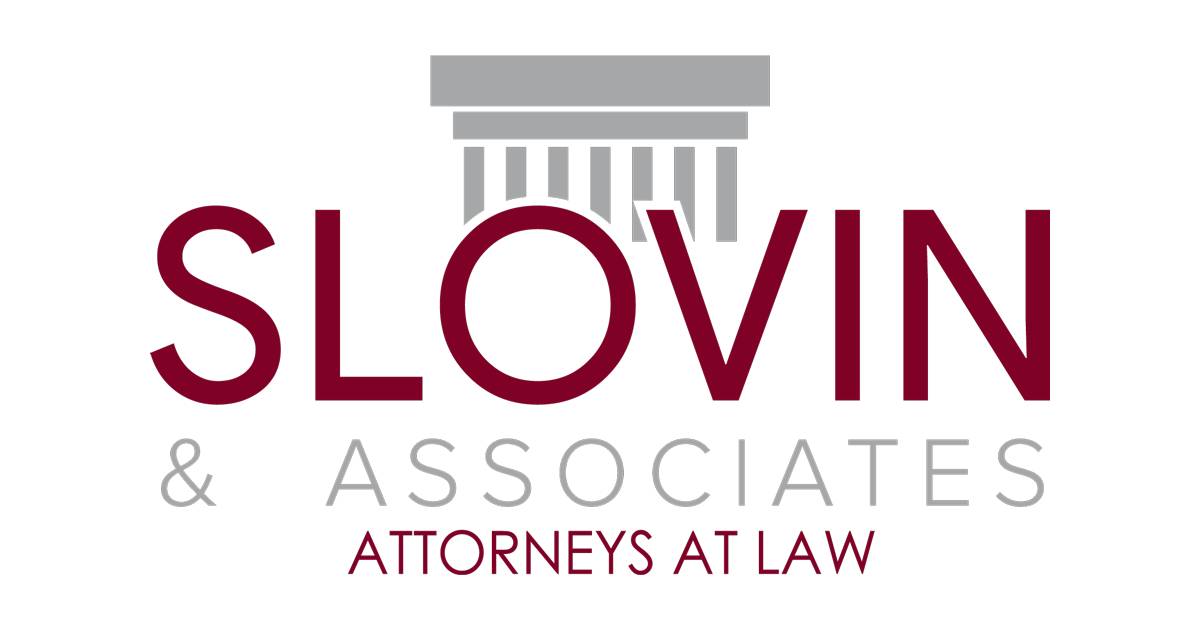In late November 2013, the US District Court for the Eastern District of Kentucky found that the waiver of prejudgment contractual interest by the original creditor did not necessarily, by itself, waive the right of a debt buyer to collect prejudgment statutory interest and therefore a request for prejudgment statutory interest did not violate the Fair Debt Collection Practices Act (“FDCPA”)
Portfolio Recovery Associates, LLC (“PRA”) filed a complaint attempting to collect a debt and requested the principal balance in addition to pre-judgment interest at the statutory rate of 8%. In response, the defendant, Dede Stratton filed a class action suit. Stratton alleged that PRA’s attempt to collect the pre-judgment statutory interest violated three provisions of the FDCPA. According to Stratton, PRA: (1) falsely represented the character, amount, and/ or legal status of the debt , (2) took an action that cannot legally be taken by filing the state court complaint, and (3) attempted to collect interest on a debt that was neither authorized by agreement nor permitted by law. The debt arose when Stratton stopped making payments on her GE, F.S.B/ Lowe’s credit card (“GE”). GE eventually sold the debt to PRA, who filed the complaint against the debtor, seeking to collect the debt. After Stratton filed the putative class action in response, PRA filed a motion to dismiss.
In deciding PRA’s motion, the Court broke the analysis down into two parts. In the first part, the judge examined whether GE’s waiver of its right to collect contractual interest of 21.99% automatically operates as a waiver of its right to collect statutory interest from the date of the charge-off. By not charging the contractual rate of interest between the charge-off date and the date that GE sold it to PRA, it was argued that GE waived its right to assess interest at that rate. Because by assignment, PRA only inherits the rights in the debt that GE had at the time of purchase, anything GE had waived PRA could not collect.
However, PRA did not seek the contractual interest rate. Instead, PRA sought statutory interest. Kentucky’s statutory interest rate is intended to operate in the absence of a contractually agreed upon rate. The parties agreed and the court concurred that a party may not seek both contractual interest and statutory interest for the same period of time, however, the court found that the waiver of one did not necessarily waive the other. The court therefore concluded that the mere fact that GE waived contractual interest did not, by itself, lead to the conclusion that it waived statutory interest.
The court next addressed, and dispensed with, all three of the alleged FDCPA violations, the first of which was that by requesting an 8% prejudgment interest rate, PRA falsely represented the character, amount, and/ or legal status of the debt (1692e(2)(A)). The court held that because PRA reasonably believed it was entitled to the requested interest rate and the request was just that: a request to the court for consideration and not a demand on the debtor, it did not amount to a false representation of the debt. Stratton’s second alleged FDCPA violation was that by filing the state court complaint PRA threatened to take an action that cannot legally be taken, violating 1692e(5). For a debtor to prove this violation he or she must establish two elements: (1) a threat to take an action; (2) showing that (a) the action can’t legally be taken and (b) the debt collector never intended to take the action. Distinguishing between “threats to take action” and the actions actually taken, the court held that this provision applies only to threats to take action and not the actions actually taken by PRA.
The third alleged violation was that PRA’s attempt to collect interest on a debt that was neither authorized by agreement nor permitted by law violated 1692f(1) because it is an unfair and unconscionable means by which to collect or attempt to collect a debt. As established previously in the opinion, PRA’s “mere request in its valid state court debt collection action was not improper, much less unfair or unconscionable.”
Having determined that Stratton’s allegations had no merit, the Court granted PRA’s motion to dismiss.
The Full Text of the Opinion May Be Found At: http://scholar.google.com/scholar_case?case=13820757548343320467&hl=en&as_sdt=6,36
Special thanks to Meredith Hughes for her contributions to this article. Meredith is a Litigation Clerk with Slovin & Associates Co., L.P.A. and student at the University of Cincinnati College of Law.



